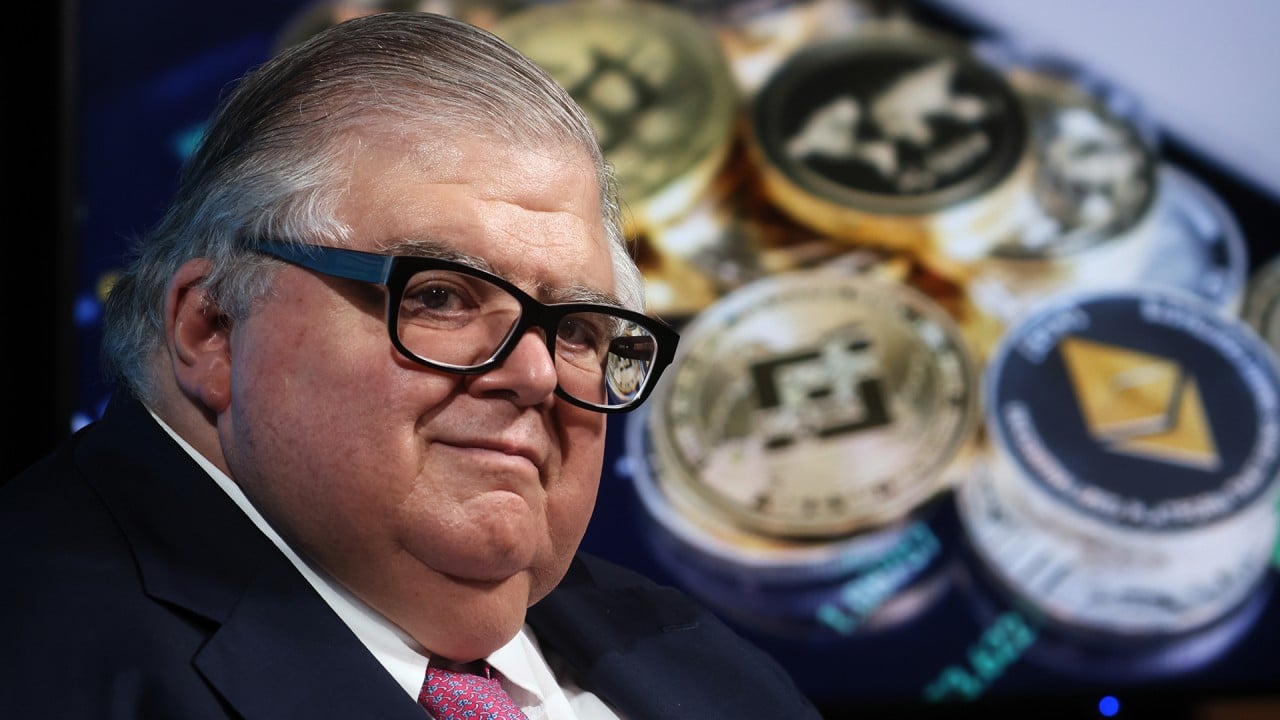
A US gearing up for a fight will need its dollar dominance and allies in Europe
- As Brazil and others take steps towards reducing their dollar reliance, Macron’s controversial remarks about Europe staking its own position on Taiwan, independent of the US, may herald a redrawing of the geopolitical fault lines – if the Ukraine war drags on
Two developments are especially noteworthy: recent talk of the ascent of the renminbi and potential de-dollarisation, and the hype over French President Emmanuel Macron’s remarks following his trip to China early this month.
Separately, members of the Association of Southeast Asian Nations are also considering a move to reduce their dependence on the dollar and other major currencies in the settlement of their intra-region trade, specifically suggesting a move away from Visa and MasterCard, the global credit card processing duopoly from the US.
It has to be pointed out, however, that there is a lot of hype regarding de-dollarisation and the rise of the renminbi, as the dollar remains dominant.
Complaints about the dollar’s dominance largely reflect developing economies’ frustration over the US Federal Reserve’s tightening monetary measures that have drained them of their dollar reserves. Meanwhile, the yuan is also emerging as a viable alternative for some, considering their substantive trade with China and reliance on it for infrastructure and industrial development.
Still, those who worry about the dollar’s future are right to do so: the cracks in the currency’s ascendancy are unmistakable.
All, however, have failed to see in him the ghost of Charles Maurice de Talleyrand-Périgord, France’s foreign minister during both the Napoleonic and post-Napoleon eras.
Macron is trying to protect France’s interests even from its currently vitiated position vis-à-vis Washington, Moscow and Beijing, just like Talleyrand did back in those days following Napoleon’s downfall, dealing on behalf of his motherland with victorious Britain, Austria and Russia in damage control. Miraculously, Talleyrand managed to earn France a lot more than an apparent loser country seemed to deserve.
Some key European politicians appeared to be standing in solidarity with Macron. Even German Foreign Minister Annalena Baerbock, who is known for being tough on China, spoke with more nuance. Warning in Beijing last week that the EU could not remain indifferent to escalation over the Taiwan Strait, she nevertheless affirmed an overall unified European position alongside France.
Would America act with determination to deflect the feared avalanche of a “flight from the dollar” in the developing world, while keeping a rein on its allies like France and the Franco-German-led EU? I see little prospect of this.

Now, it seems too late to contemplate this kind of initiative because, by having too successfully globalised its economy, America has lost what it used to have, especially in the immediate post-war period – namely, unrivalled industrial capabilities married with equally powerful monetary prowess epitomised by Wall Street.
In fact, only China can do that now, and along with that capability comes the likelihood of the renminbi’s rise.
Europe’s defiance regarding China and Russia is imminent. Macron’s comments rattled many Americans and their European followers, understandably so. But, when Rubio suggested that America could withdraw its military support for Ukraine, did he really not know that it might play into Europe’s hands?
Left alone, the EU led by France and Germany may well reach an agreement with Russia for a united Europe, just as Germans got their divided country back into one in the early 1990s before the Americans and British digested the full meaning of their historic move.
Washington has been so geared towards antagonising both China and Russia that nothing short of a climbdown on either front will do to dial down tensions.
Yet that looks equally untenable. If the war in Ukraine drags on into next year, it could serve to spur the de-dollarisation movement and push a recalcitrant Europe over its limits.
America’s hand may well be forced one way or another as geopolitical movements keep accelerating.
Terry Su is president of Lulu Derivation Data Ltd, a Hong Kong-based online publishing house and think tank specialising in geopolitics


